Fats Waller - The Chronological Classics: 1938 (1996)
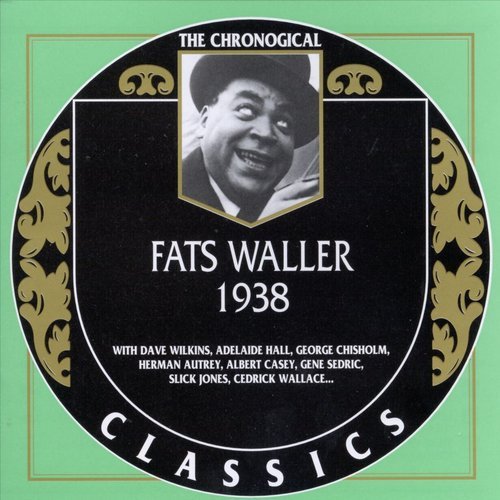
Artist: Fats Waller
Title: The Chronological Classics: 1938
Year Of Release: 1996
Label: Classics[913]
Genre: Jazz, Swing
Quality: FLAC (image + .cue,log,scans)
Total Time: 01:06:58
Total Size: 207 MB(+3%)
WebSite: Album Preview
TracklistTitle: The Chronological Classics: 1938
Year Of Release: 1996
Label: Classics[913]
Genre: Jazz, Swing
Quality: FLAC (image + .cue,log,scans)
Total Time: 01:06:58
Total Size: 207 MB(+3%)
WebSite: Album Preview
01. Don't Try Your Jive on Me (3:18)
02. Ain't Misbehavin' (2:57)
03. The Flat Foot Floogie (2:47)
04. Pent Up in a Penthouse (2:34)
05. Music, Maestro, Please (3:18)
06. A-Tisket, A-Tasket (2:35)
07. Swing Low, Sweet Chariot (2:58)
08. All God's Chillun Got Wings (3:06)
09. Go Down, Moses (2:51)
10. Deep River (2:49)
11. Water Boy (2:53)
12. Lonesome Road (2:43)
13. That Old Feeling (3:05)
14. I Can't Give You Anything But Love (3:13)
15. Two Sleepy People (3:07)
16. Shame! Shame! (2:41)
17. I'll Never Forgive Myself (2:51)
18. You Look Good to Me (3:13)
19. Tell Me with Your Kisses (3:14)
20. Yacht Club Swing (3:02)
21. Love, I'd Give My Life for You (2:17)
22. I Wish I Had You (2:45)
23. I'll Dance at Your Wedding (2:41)
Fats Waller seems never to have suffered from seasickness. Every photograph and eyewitness account of his transatlantic nautical adventures indicates a strong constitution, unfazed by rough seas even if the rest of the passengers were hanging over the rails. When Waller invaded London in August 1938, a team of Anglo and European musicians were assigned the task of accompanying him through the grooves of six phonograph recordings. Known for the rest of time as "Fats Waller & His Continental Rhythm," this band hammered out one amazing performance after the next. "Don't Try Your Jive on Me" and "Ain't Misbehavin'" both feature the organ, cool at first but gradually gathering steam and finishing grandly with horns in the air. "Music, Maestro Please" is late-'30s sentimentality at its finest, with tinkling celeste and even a bit of romantic violin. After Dr. Jekyll goes off to mope behind the potted palms, Mr. Hyde bursts in on a riotous version of Slim Gaillard's "Flat Foot Floogie" and an alarming ode to disappointed hopes with the catchy title "Pent Up in a Penthouse." Here Waller threatens to "step out the window and turn left," a frightening proposition for anyone occupying a suite so many floors up from the street. Fats's maniacal treatment of "A-Tisket A-Tasket" surpasses even the original version, made famous by its composer Ella Fitzgerald. One week after this combustible session, Fats placed himself at the console of a pipe organ, that instrument so dear to his heart. It is a crying shame that no recordings were made when Waller was granted access to the organ of the Cathedral of Notre Dame in Paris. Fats later said he considered that to have been the greatest moment of his life. Back in London, the organist pointedly concentrated on spirituals, the music his father the Baptist preacher would have preferred. "Swing Low, Sweet Chariot" is gorgeous. Near the end the music, the song seems to become partially composed of light as Waller's fingers create swirling tides of heavenly tonalities. Before the session was over, Fats was given the opportunity to accompany the lovely Adelaide Hall, famous for her wordless vocal on Duke Ellington's original version of "Creole Love Call." Some music critics, unable to enjoy Hall's diva approach, insist that she was "not a jazz singer." This is a very odd assessment considering all the wonderful jazz recordings she made throughout her long life, much of which was spent in Scandinavia, where she always received respectful admiration. Here Fats teases her with quips that help to spice up a very sweet pair of love songs. Back in New York and bolstered by His Rhythm, Fats wrestled with his repertoire, still saddled with droopy titles like "I'll Never Forgive Myself." While "Two Sleepy People" is pleasant, it pales when compared with Waller's lusty V-Disc version of 1943. Here in the waning weeks of 1938, "You Look Good to Me" is the best of the vocal tracks, second only to the bouncy instrumental "Yacht Club Swing."


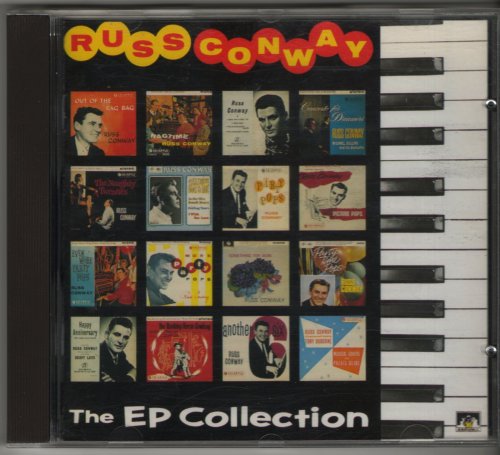
![Jan Harbeck Quartet - Arena (2026) [Hi-Res] Jan Harbeck Quartet - Arena (2026) [Hi-Res]](https://img.israbox.com/img/2026-02/21/ta1geqbunymda1vazij2b7te7.jpg)
![Joe Pass - Virtuoso (1974) [2025 DSD256] Joe Pass - Virtuoso (1974) [2025 DSD256]](https://www.dibpic.com/uploads/posts/2026-02/1771609997_ff.jpg)
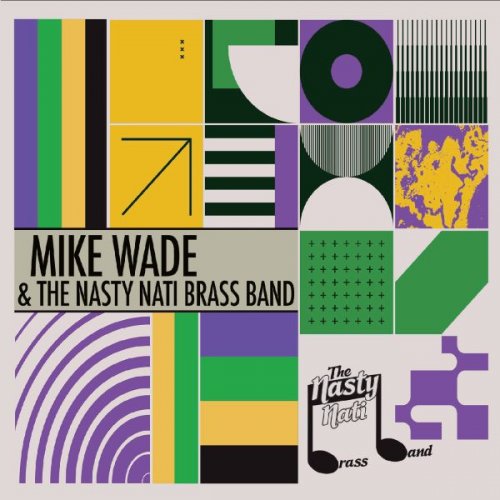
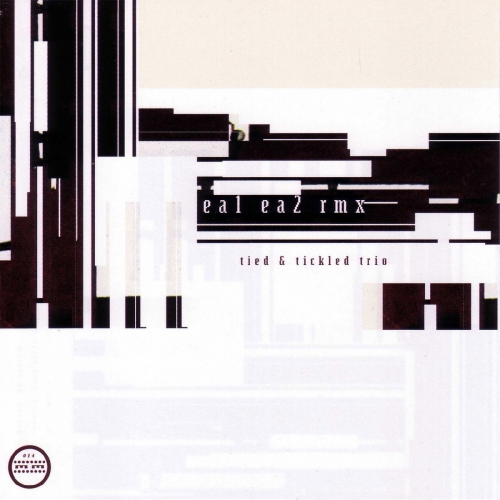
![Magda Mayas' Filamental - Murmur (2026) [Hi-Res] Magda Mayas' Filamental - Murmur (2026) [Hi-Res]](https://www.dibpic.com/uploads/posts/2026-02/1771663724_i3cjtptz4ae2l_600.jpg)
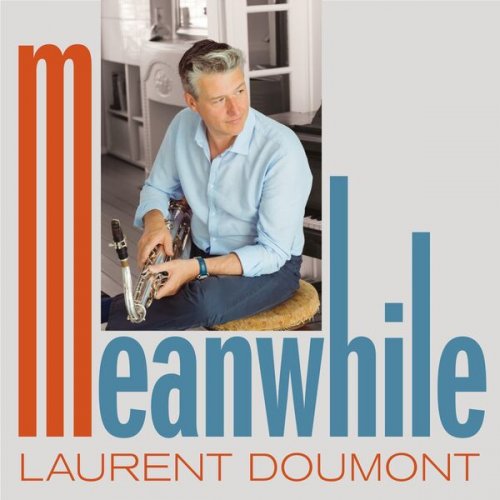
![Tom Braxton - Flashback (2026) [Hi-Res] Tom Braxton - Flashback (2026) [Hi-Res]](https://www.dibpic.com/uploads/posts/2026-02/1771426129_1.jpg)